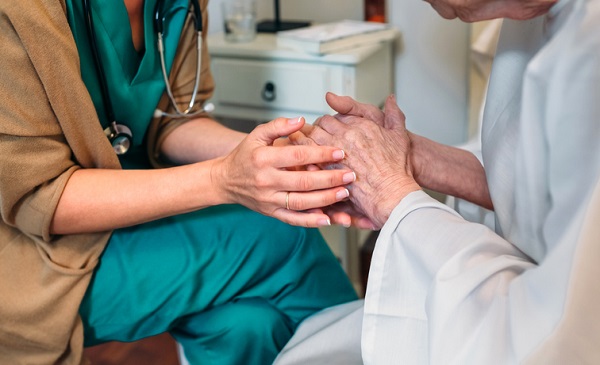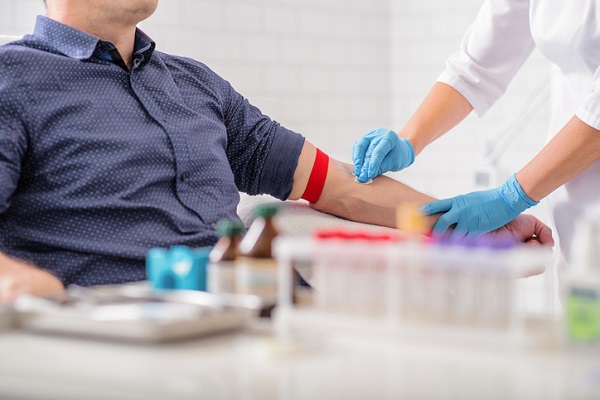Clinical trials play a vital role in advancing medical and scientific research. They are a necessary step for developing new drugs or treatments and for better understanding specific illnesses. If you pursue a career in clinical research, you may find yourself helping out in a clinical study in a number of ways, such as by coordinating studies or by serving as a monitor on one.
You may also find yourself wondering why people choose to volunteer for clinical studies. The truth is that every person who volunteers for a study is unique and they all have their own reasons for being there. Let’s look at just a few of the most common motivations.
Because They Want a New Treatment for Their Own Health Issues
While many clinical trials only require individuals to be in general good health in order to participate, some are open only to participants who suffer from a specific ailment. In these studies, the participants may be there because they are hoping that the research will help lead to better treatment for their own conditions.
In extreme cases, the patient’s doctors may have already tried all other treatment options and they may have recommended participation in a clinical trial as a last resort. Many patients in this position talk about hoping that even if the drug or treatment being tested doesn’t help them, the knowledge gained from the study may still be useful to helping other people who suffer from the same condition.

For some, a clinical trial may provide a treatment of last resort if more standard ones haven’t worked
Clinical Research Trials Can Provide an Income Boost for Participants
As you may already know from your clinical research training, clinical trials can sometimes be time-consuming for participants. Volunteers could find themselves in the clinic for anywhere from a few hours to many weeks, during which time they are closely monitored and may not be allowed to leave the facility (unless, of course, they want to permanently end their participation).
So it makes sense that participants get paid for their time. For some, that extra money can be a significant motivating factor for volunteering. Especially in early stage clinical drug trials where the dosage amounts tend to be small and the risk to patients low, you’ll find lots of participants are there because they want that boost to their finances.
Altruism Is a Big Factor in Clinical Research Training and Study Participation
Just as you may want to study in a clinical research program because you want to help advance medical science, a lot of clinical study participants also volunteer for similar, purely altruistic reasons. Some participants may have had a loved one who was affected by an illness and they want to help scientists develop better ways of treating that illness.

Many volunteer for clinical trials so that they can help advance our understanding of certain illnesses
Others may not have had any personal experience with the illness being studied—in fact, they may be in perfectly good health—but they still want to do what they can to improve treatment for patients who are less fortunate than they are.
Are you interested in pursuing a successful career in applied pharmaceutical sciences?
Contact AAPS to learn more about our clinical research courses.




